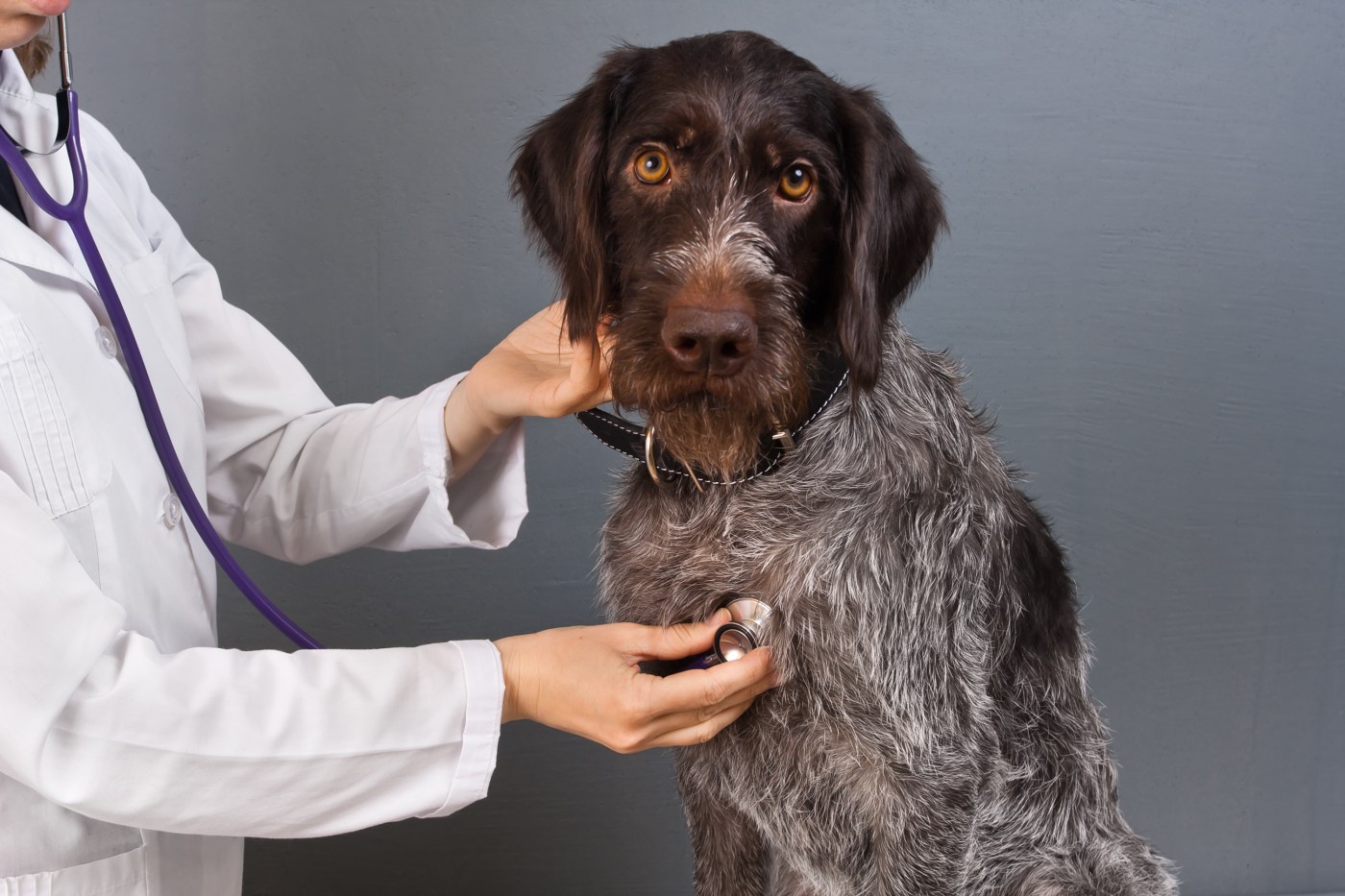
Older dog’s nose problem is treatable
Dear Dr. John,
Our older Shepherd/Rottweiler X recently developed something on top of his nose. When I first called my vet, I was asked to send in a photograph. They asked if he had been digging in the dirt or rooting. I looked around our yard and while there might have been one area where there might have been some digging done, I cannot say with certainty that it was by him.
I was told to put Neosporin on the nasal lesion, and it resolved. A few weeks later, the lesion returned so I had him seen. I was told that he might have a form of lupus and he was given prednisone as a treatment. It is too soon to say if there is any resolution, but I wonder about diagnostic testing. I was told a biopsy would be needed but isn’t there some kind of blood test to determine what he has? This dog would not respond well to having stitches on his nose. What kind of prognosis might I be facing for him? S.C.
Dear S.C.,
The form of lupus that your dog most likely has is called discoid lupus erythematosus or DLE and the specific cause is not known. This is much different than systemic lupus in that it is confined to the top of the nose called the nasal planum. DLE is not life threatening. It usually presents as a loss of pigment along with ulcers, crusting, and scabbing of the area. Definitive diagnosis can only be done by biopsy despite the need for sutures and possible bleeding afterwards. I’m sure your veterinarian took that into consideration.
The blood test done for autoimmune diseases is called an ANA or antinuclear antibody test. This is only positive in a very low percentage of these DLE cases, so it is not a reliable indicator and therefore not used. The prognosis for DLE in dogs is very good if the problem is controlled and it can be using various treatments. Topical corticosteroids can work but I prefer oral prednisone, so the dog doesn’t lick off the topical ointments. It is important to avoid sun exposure to the area so keep him out of the sun and pet sunscreens may be utilized. If you dog is otherwise healthy then enjoy the time ahead.
Dr. John de Jong owns and operates the Boston Mobile Veterinary Clinic. He can be reached at 781-899-9994.


